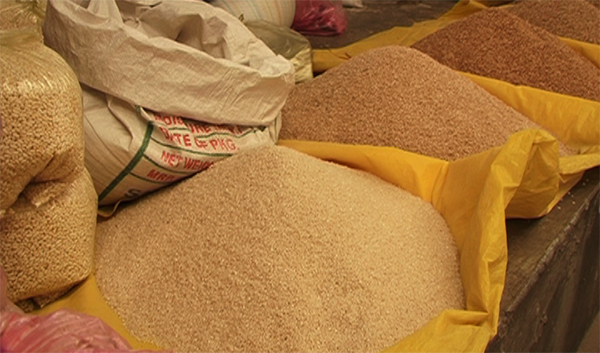 The agriculture ministry will no longer provide free seeds and fertilisers to the farmers. Instead, the ministry will be initiating a new programme through which, it will directly buy rice grains from farmers and sell it in the market.
The agriculture ministry will no longer provide free seeds and fertilisers to the farmers. Instead, the ministry will be initiating a new programme through which, it will directly buy rice grains from farmers and sell it in the market.
Called the minimum support price, the program is expected to create a ready market for local farmers. The price at which the ministry will buy paddy from the farmers will be determined by the cost of production. A small premium will also be added on the cost of production to encourage farmers to sell to the government.
Agriculture secretary, Tenzin Dhendup said if the government directly buys paddy from the farmers, it would benefit the farmers in terms of saving time, transportation charges and opportunity cost incurred.
The ministry will be buying raw paddy from the farmers, process it, and then sell it in the market at a subsidized rate. To ensure a better competitive edge with the imported rice, the ministry will sell at a subsidised rate.
Farmers selling rice at the centenary market said, it might benefit the farmers, but there are also a large group of local traders whose business could be affected.
“Most of us buy from the farmers in Paro and bring it in the capital to sell it in the market. If the government buys everything from the farmers, then it will kill our share of business. We may not be able to compete with the government,” said a trader and farmer, Tshering Dema.
Others however believe, it would benefit them
“If the government is willing to buy at the price that is favorable to us, then I think it will be helpful, it will save us time and we need not come to the market and we can attend to other matters at home,” said a Farmer, Zangza.
The government has so far bought over 300 metric tonnes of paddy from the farmers in Wangdue Phodrang, Tsirang, and Gelegphu and through FCB, the marketing arm of the government; it is being sold in the local market.
The program is expected to boost rice production, as it provides ready market for the farmers, Tenzin Dhendup said.
The agriculture minister, Yeshey Dorji, in an earlier interview said, removing input subsidy and replacing it with direct price subsidy will be more efficient.
Providing input subsidy was costing the government over Nu 300 M annually and according to some preliminary calculation, the minimum support price will only cost the government Nu 200 M, a year.
Tenzin Dhendup said, besides paddy, other agriculture produce would also come under the program gradually.







